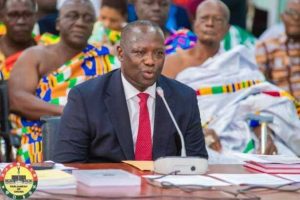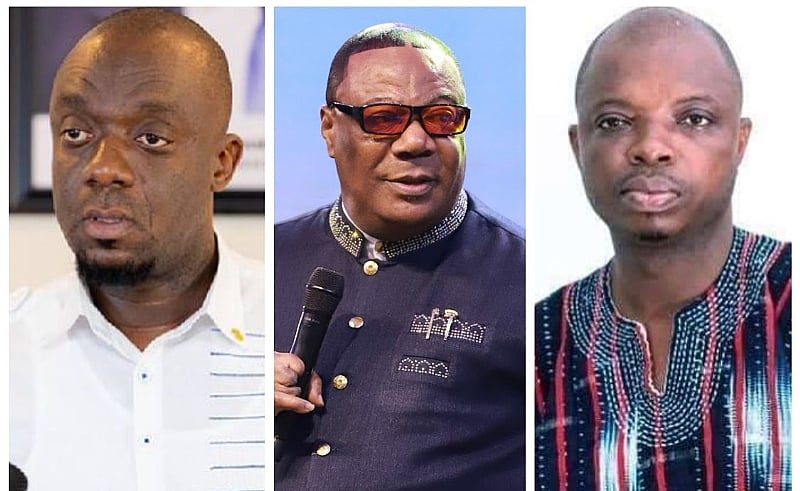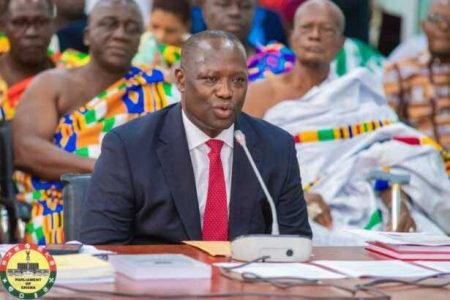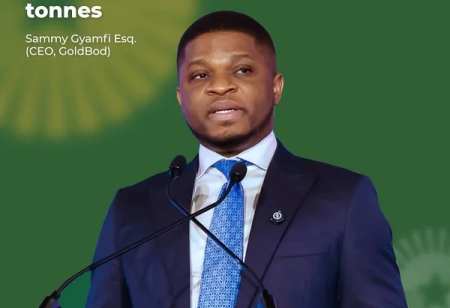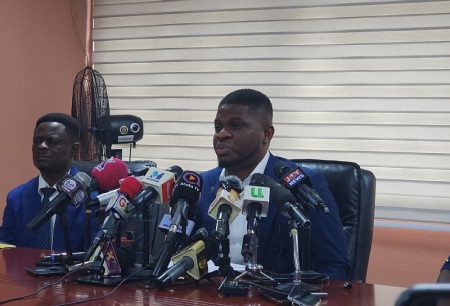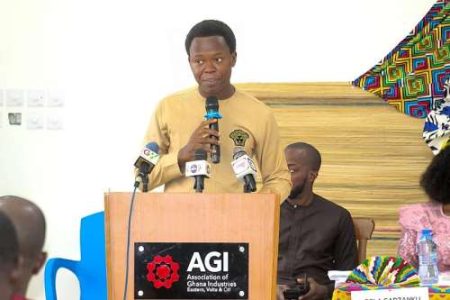The New Patriotic Party (NPP) has publicly disavowed comments made by its Bono Regional Chairman, Kwame Baffoe Abronye, against Archbishop Nicholas Duncan-Williams, the General Overseer of Action Chapel International. The party emphasized that Abronye’s remarks, delivered on his Ohia TV platform, do not represent the NPP’s official stance or its values. The NPP issued a formal statement underscoring its respect for religious leaders and acknowledging Archbishop Duncan-Williams’s significant contributions to Ghana’s development, peace, and moral fabric. This incident highlights the tension between free speech and responsible discourse, particularly within a political context.
Abronye’s comments targeted a highly respected religious figure, Archbishop Duncan-Williams, whose influence extends beyond religious circles and into national affairs. This elevated the controversy beyond a simple political disagreement, touching upon the sensitive realm of religious sensitivities. The NPP’s swift response, distancing itself from Abronye’s remarks, underscores the party’s recognition of the potential damage to its image and its relationship with the religious community. It also reveals the complexities of managing individual expressions within a larger organizational framework, particularly when those expressions contradict the organization’s core principles.
The NPP’s statement, signed by General Secretary Justin Kodua Frimpong, explicitly stated that Abronye’s statements were “unfortunate and unprovoked.” This strong condemnation aimed to minimize any negative fallout from the incident and reassure the public, especially the Christian community, that the party does not condone such disrespectful rhetoric. The statement reiterated the NPP’s commitment to freedom of expression while simultaneously stressing the importance of responsible and decorous communication, particularly when addressing influential figures like Archbishop Duncan-Williams.
The party’s plea to the public to consider Abronye’s comments as his personal views and not representative of the NPP reflects a strategic effort to contain the damage. By emphasizing the individual nature of Abronye’s statements, the NPP sought to prevent the controversy from escalating into a broader conflict with the religious community. This delicate balancing act demonstrates the challenges political parties face in managing internal dissent while maintaining a unified public image.
This incident is not Abronye’s first brush with controversy. The NPP had previously summoned him for violating directives from the National Executive Council regarding public pronouncements. This history suggests a pattern of behavior that the party has been attempting to address. The current controversy surrounding his remarks about Archbishop Duncan-Williams places further pressure on the NPP to manage Abronye’s conduct and prevent further damage to the party’s reputation.
The NPP’s response underscores the complexities of navigating the intersection of politics and religion. The party’s swift disavowal of Abronye’s comments reflects a strategic decision to prioritize its relationship with the religious community and uphold its image as a respectful and inclusive political force. This incident serves as a case study in how political organizations manage internal dissent and maintain public trust in the face of controversial statements made by individual members. It also highlights the ongoing tension between freedom of expression and the responsibility that comes with wielding public influence, particularly when addressing sensitive religious matters.


